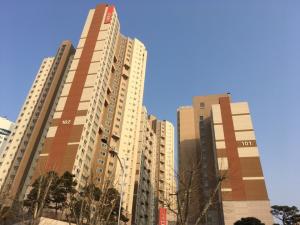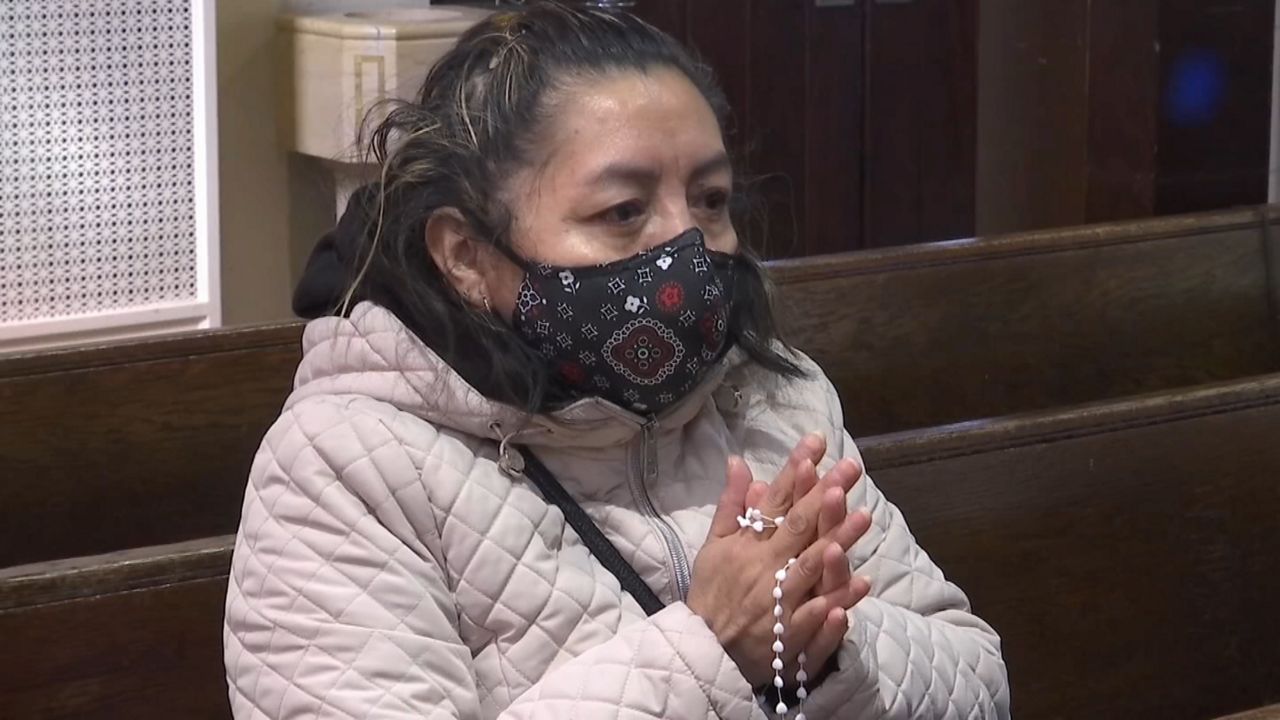Last year’s apartment rental price rose the largest in 9 years… Volume drastically reduced
Expert “The price will continue to rise for the time being in the spring moving season”
–
Although six months have passed since the lease law came into force, the jeonse market still suffers. As the quantity itself decreased significantly compared to before the enforcement of the law, the nationwide apartment rental price rose the most in nine years last year. In addition, disputes between tenants and landlords are increasing. Experts predicted that the lease price will continue to rise for the time being as the demand for leases increases in the spring moving season.
According to the Korea Real Estate Agency on the 18th, the price of apartment rentals nationwide rose 7.32% last year. This is the highest figure in 9 years after recording an increase of 15.38% in 2011.
The price increase began to increase in August of last year, when the lease law, which included the right to apply for contract renewal and the monthly tax limit system, was implemented. Last year, the nationwide apartment rental price increase rate increased from 0.51% in July to 0.68% in August, and rose 1.02% and 1.52% from the previous month in November and December, respectively.
Chartered sales decreased compared to before the enforcement of the lease law. According to Asil, a real estate big data company, the number of apartment charters in Seoul as of the 17th was 21,646 units. This is a 43.6% decrease from 38,427 as of July 31 last year, before the lease law was enforced. Gyeonggi-do charter sales also decreased from 32,517 on July 31 last year to 23,855 on the 17th.
During the same period, chartered sales in Daegu and Incheon also decreased by 40.8% and 40.6%, respectively, and chartered sales in Busan also decreased by 36.8% after the enforcement of the Lease Act.
The number of lawsuits related to the lease law increased compared to before the enforcement of the law. The name lawsuit is a lawsuit filed by the buyer against the occupant if the buyer refuses to deliver the real estate even though the buyer has paid for the real estate.
According to the Law-Do Myeongdo Litigation Center, there were 344 calls for advice on attraction litigation received by the center during the five months after the lease law was enforced. This is a 21% increase from 284 cases in the same period last year. The name lawsuit refers to a lawsuit that occurs when the occupant refuses to deliver the real estate even though the payment for the real estate has been paid.
The center explained that there were many disputes due to the right to apply for renewal of contracts contained in the Lease Act as the cause of the dispute. The contract renewal request system is a system in which the tenant can request the renewal of the jeonse contract, and the lessor can refuse the renewal only when they live.
Eom Jeong-suk, a lawyer at the Law Office General Law Office, said, “As a landlord for the purpose of real residence denies the tenant’s right to request a renewal of contract, there is an increasing number of lawsuits and cost consultations against tenants who do not comply with this.”
Experts analyzed that as the lease law was in the early stages of implementation, there were some side effects. There is also some attention that side effects are occurring due to radical revision rather than gradual revision of the lease contract law.
Ji-hae Yoon, senior researcher at Real Estate 114, said, “Conflicts and side effects can be severe at the beginning of the law’s enforcement. Among the three previously announced laws, the rent to cheonsei system will be implemented in the first half, but it will not be easy to modify the system before.” .
“It seems that the contract renewal part of the lease contract is undergoing a transitional period in the early stages of implementation,” said Kwon Il, head of the Real Estate Info Research Team. “The system for tenants is necessary, but there is a feeling that parts that need to be progressively progressed.”
In addition, the increase in jeonse prices last year will be reflected in the market this year as well, and jeonse prices are expected to remain on the rise for the time being. It is an analysis that contract renewals and new contracts made during the moving season can be made at high prices.
Senior Researcher Ji-Hae Yoon said, “After the lease law was implemented, the turnover rate of drugs around the world is low. In the case of renewal, we will try to meet the maximum limit of 5% of the monthly ceiling system by reflecting the increase. I’m not going to sign a contract.”
Research team leader Kwon Il also said, “The new contract with Lee, Chul, will reflect the increase in the deposit value for the time being, and it will continue to rise for the time being.” .
Copyright © Shin-A Ilbo Unauthorized reproduction and redistribution prohibited
–


